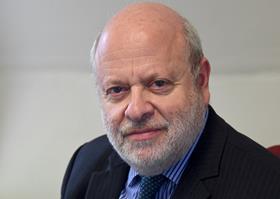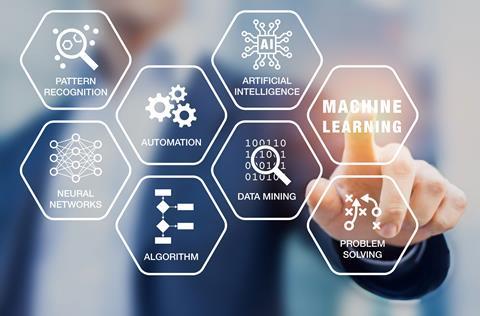
The serious problems thrown up by the impact of the IT revolution on legal services become more apparent every day. Much has rightly been written about its impact on the practices of individual lawyers and law firms, who will bear the brunt of the changes. But there are serious issues around regulation.
We in this country are lucky that our regulatory approach focuses mainly on the narrow range of the reserved activities and other activities, such as immigration or financial services, which have been chosen for regulation. This will make the eventual regulation of machine-provided services easier. (I will use the term ‘machine’ to cover all IT usage, whether it be by artificial intelligence, bot, electronic platform, blockchain or some other route.)
Other jurisdictions have much broader definitions of legal services, including express references that these must be delivered by lawyers – that is, human beings – which makes the regulation of legal services by machines much more problematic.
The definition of legal services varies from legal system to legal system, and an attempt to impose a universal definition is doomed to failure. The broader the concept of legal services, the more difficult will be regulation of legal machines.

But here is a question. If we can agree that the future regulation of legal services is going to be problematic and varied, can we agree that the standard of the service provided – regardless of how it is regulated and regardless of whether provided by human or machine – should be the same? In other words, if you are going to receive advice or even representation from either a solicitor or a robot with artificial intelligence, should the criteria for the product be the same in each case?
I think so. It would be bizarre if a lower standard were to be expected of one or other provider. A legal service is a legal service, whether provided by human or machine.
As for the kind of standards to which I am referring, here is a proposed list which could be considered when legal services are delivered, regardless of provider (this is an edited version of a list currently being debated within the International Bar Association (IBA)):
- public protection;
- advancement of the administration of justice and the rule of law;
- access to justice and information about the law;
- transparency regarding the nature and scope of the legal service, the credentials of those providing it and the availability of regulatory protections;
- affordability and accessibility;
- efficient, competent and ethical delivery;
- protection of confidential information;
- independence of professional judgment;
- accessible civil remedies for negligence and breach of other duties owed, and sanctions for misconduct;
- appropriate controls for client money; and
- diversity and inclusion.
There is no reason why those standards should not be applied to both kinds of services.
But is this a corporatist view, attempting to put obstacles in the way of cheap machines so as to tilt the market in favour of expensive lawyers? I do not think so. Even in markets which value strong competition legal services are regulated, for a number of reasons, among which are some of the principles just listed. If clients need to be protected for a lawyer’s services, they need to be similarly protected against machines.
On the other hand, is this argument about a level playing field on standards giving too much leeway to unregulated providers, as if they are as good as lawyers?
First, a service provided by a lawyer is always going to be different and of higher value, given that human attention will be paid to the client and the problem. Second, lawyers have high standards of preliminary and continuing training; an ethical code which is enforced; discipline and removal from the right to practise where appropriate; professional indemnity insurance; and other guarantees. It should always therefore be safer and better to consult a lawyer.
But at the same time we cannot ignore that there are unregulated providers currently in the market, with more doubtless coming. Equality of certain basic standards in provision is fast becoming essential.
A further question is whether machines throw up new standards, not revealed in the list above. For instance, do there need to be special rules for the data that machines hold and continue to use? Is there a special element added by machine-learning techniques, where they improve the more often they are used?
I somehow doubt there is anything novel, but the IBA is considering that, too. We will have to await the outcome of their work to know the answer.
But even if there are special elements depending on the particularity of the provider, I still believe that the basic list, as outlined above, remains the same and should be used as a guide to standards regardless of provider. Otherwise, we should all be worried.
Jonathan Goldsmith is Law Society Council member for EU matters and a former secretary general of the Council of Bars and Law Societies of Europe. All views expressed are personal and do not necessarily reflect the views of the Law Society Council



























No comments yet